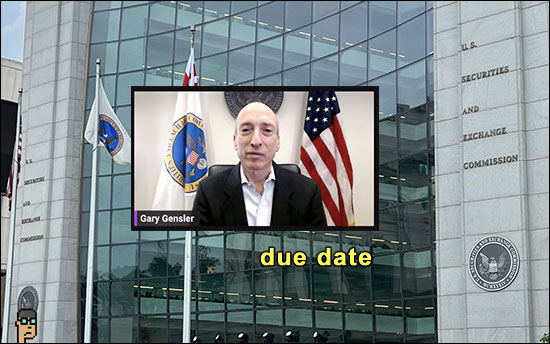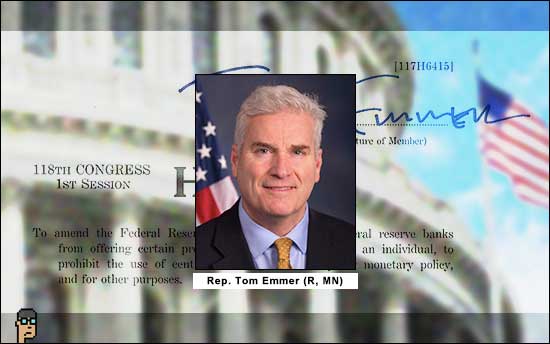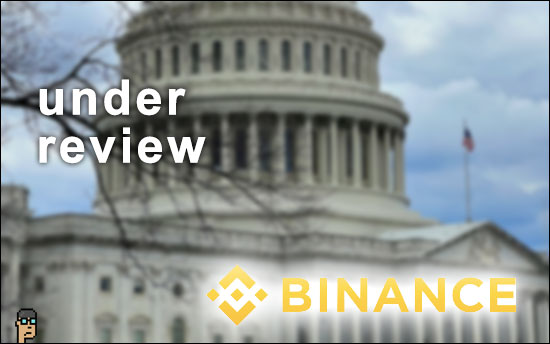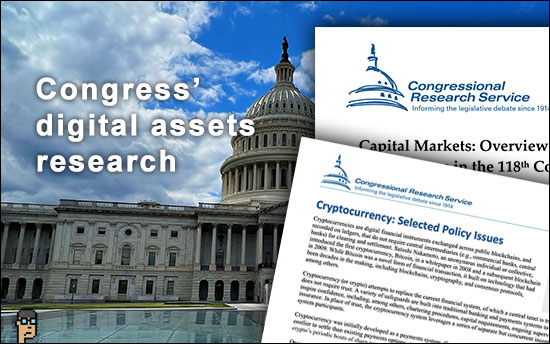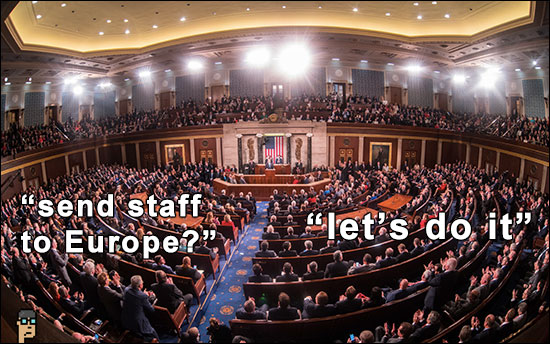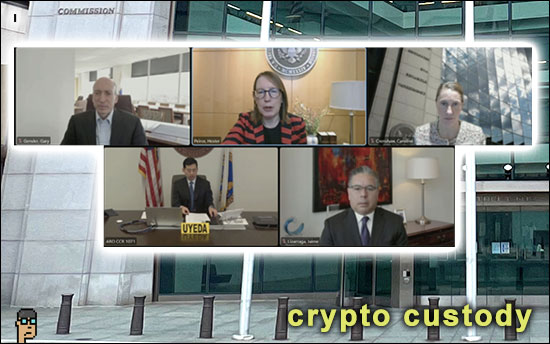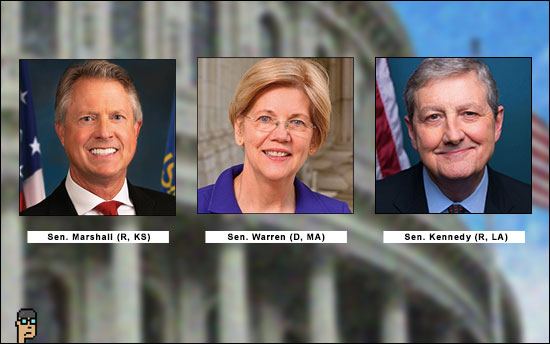Here’s today’s blockchain tipsheet… prefer it by email? Sign up here.
custody rule – facts
A proposed change to a Securities Exchange Commission (SEC) custody rule has created more fog in the crypto universe.
At an SEC Open Meeting yesterday, and according to the the SEC’s fact sheet, the changes would “expand the current custody rule to protect a broader array of client assets and advisory activities to the rule’s protections” such as crypto; “enhance the custodial protections that client assets receive under the rule; [and] update related recordkeeping and reporting requirements for advisers.” Read the rule (PDF).
What is crypto custody? – see here.
custody rule – Chair
SEC Chair Gary Gensler argues in support of the rule change in a press release: “Congress gave us authority to expand the advisers’ custody rule to apply to all assets, not just funds or securities. Further, investors would benefit from the proposal’s changes to enhance the protections that qualified custodians provide. Thus, through this expanded custody rule, investors working with advisers would receive the time-tested protections that they deserve for all of their assets, including crypto assets, consistent with what Congress envisioned.” Read his statement, too.
Side tip: With the participation and comments of several SEC staff on the “Open Meeting” webcast, these rule edits would appear to have been in the works for months if not longer.
custody rule – dissent
Though she provided five concerns about the proposed custodian rule changes, Commissioner Hester Peirce ended her statement hopefully such that she could vote for the rule change (with edits) when it approaches a vote on final adoption.
Peirce, one of two Republicans on the Commission along with Mark Uyeda, was the only commissioner to vote “no” on the proposal. Two of her chief concerns were directly related to crypto: first, a stated supposition in the changes that all crypto assets were securities; and secondly, crypto custody choices would be even more limited than today as a result of changes. She said, “By insisting on an asset neutral approach to custody we could leave investors in crypto assets more vulnerable to theft or fraud, not less.”
crypto custody rule – 3 commissioners
Commissioner Mark Uyeda (statement) – like Peirce, a Republican appointee – expressed his misgivings about the rule changes and shared: “How could an adviser seeking to comply with this rule possibly invest client funds in crypto assets after reading this release?” Nevertheless, Uyeda voted for the rule change process to move forward saying, “The Commission should make changes through notice and comment rulemaking.” Perhaps Uyeda believes the comment period will shoot this rule change down.
Continue reading “SEC Custody Rule Change May Affect Crypto; Gillibrand Criticizes SEC Chair Gensler”

